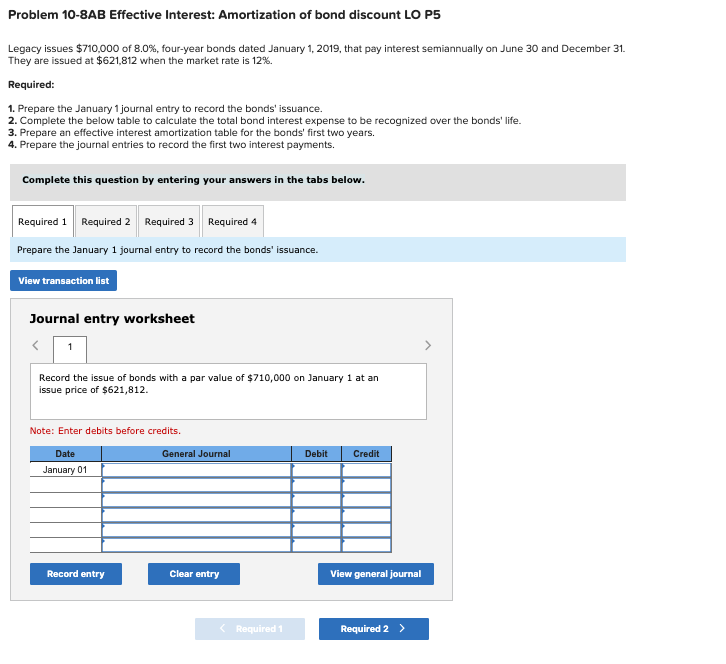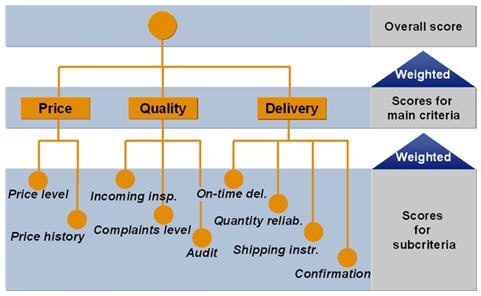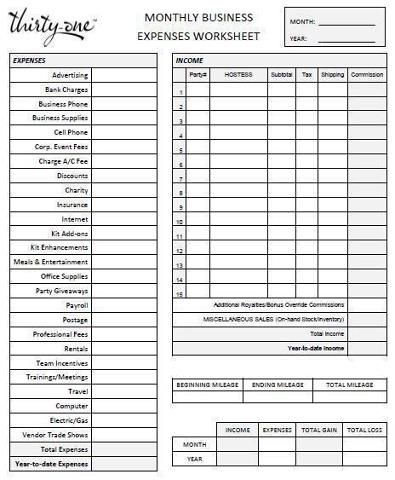
And when I clicked “filter” at the top of the screen, a drop-down menu appeared that allowed me to filter the documents stored by date added, source, folder, keyword search, category or date. Further, another “item type” button offered more filter options when clicked. I could filter for only receipts, mileage, bills, contacts, documents, invoices, statements or checks. Still, another button labeled “column” gave me the option to add or remove columns from the list of documents, such as document notes, categories, descriptions or date added.

Bank Reconciliation
Once you’ve sent your invoice, you can then track invoices to ensure they’re paid, run reports that show the age of each outstanding invoice and apply invoice payments to specified transactions. Once you’ve landed on the custom reports you need, you can view, print or export them using Excel, email, pdf format, text or https://www.kelleysbookkeeping.com/what-is-a-customer-deposit/ html format. In addition, AccountEdge offers a free account for your accountant so they always have real-time access to your reports. AccountEdge offers tools for customizing hundreds of reports using advanced reporting filters, fields and lists. You can filter reports by date, customer, vendor, item and other fields.
Know where your money is going
Xero lets you get financial performance reports sent straight to you, and connect your bank account for a seamless experience. If you need payroll services, you’ll have to use them through Xero’s partnership with Gusto. And if you value live support, you should probably look for another provider. So to help you find the resource that will work best for you, we’ve compiled a list of the best small business accounting software on the market. FinancePal provides an all-in-one bookkeeping solution that includes features, such as transaction reconciliation, bill pay, business projections, guidance, catch-up bookkeeping, financial statements and tax filing. It’s also ideal for brand-new businesses because FinancePal can help with entity formation.
What is the difference between cloud-based and on-premise accounting software?
We also gave credit to those apps that either provided users with a free version of the software or at least a free trial period. When considering the affordability of cloud accounting software, many https://www.simple-accounting.org/ providers have promotions going where the software is greatly reduced for a brief period, then goes up in price. Those that had price increases that were reasonable fared better in our ratings.
In addition, you can create custom quotes and later convert those quotes to invoices when approved. Better suited for service businesses, since it doesn’t offer inventory management, ZipBooks offers complete double-entry accounting capability as well as good custom invoice creation. FreshBooks includes bank account connectivity, and speaking of connectivity, also connects with more than 100 apps in desired categories such as CRM, e-commerce, inventory management, and even tax preparation. QuickBooks Online is one of the most popular bookkeeping software choices in the US. Its comprehensive reports are easy for first-time business owners to generate and understand, and it offers more thorough reporting than just about any other software out there. In spite of its excellent reports and recurring invoices, though, FreshBooks falls short in a few bookkeeping areas.
This makes Zoho Books our top-recommended QuickBooks Online alternative. FreshBooks is our top choice for project-based companies because of its robust project management and time-tracking features. Hours and expenses can be tracked by project and then easily added to the customer’s invoice.
That said, there’s a cloud-collaboration option available for purchase that gives you mobile flexibility. One of Pabbly’s key selling points is its subscription billing model. It’s one of the only software on this list that doesn’t charge any extra fees on the basis of per-transaction and monthly revenue generation. That kind of consistency — paired with it’s first-rate functionality — make Pabbly a solid option. So in many cases, the burden falls on them to figure that side of things out on their own — leading many to look into accounting software. But the landscape for those solutions is packed, and it can be tough to know where to start.
You may need industry-specific accounting software for small businesses if you have unique bookkeeping needs specific to your niche. For instance, law firms require trust accounting features, which are often not offered in general-purpose bookkeeping solutions, such as the best small business accounting software presented above. However, the service doesn’t eliminate all of your bookkeeping tasks. You’ll still need to issue invoices to your customers, collect payments, and pay your bills. These tasks are closely tied to businesses, and we believe most business owners like maintaining control over these activities. While Bench is doing the rest of your bookkeeping, you can consider using free invoicing software like Zoho Invoice, one of our top free invoice generators.

Xero is a great option for large teams and SMBs looking for accounting software that multiple team members can use. Freelancers and entrepreneurs who want an affordable plan might want to look elsewhere simply because of its basic plan’s limitation on the number of invoices. There is no need to download QuickBooks Online because it is connected to the cloud, which means you can access online accounting from any device with an internet connection. You can download the QuickBooks Online mobile app from the Google Play Store or Apple App Store. We offer flexible plans and pricing to meet your needs and budget.

However, users can easily forgive this since it’s part of the trade-off for Wave’s very low price tag. It also has a vast network of QuickBooks ProAdvisors, who can help you with various accounting workflows, such as setting up specific reports, customizing invoices, and optimizing the chart of accounts. If you need expert help, read our guide on how to find a QuickBooks ProAdvisor. Accounting Start is better suited to very small or brand-new businesses that need limited features; it runs $10/month. If you’re looking for more functionality, the Accounting plan is a better choice, offering reporting, quotes, and estimates for $25/month. Many small business owners would be well-served by a good bookkeeping software application that records financial transactions properly and produces basic financial statements.
Read through our reviews of the 10 best free bookkeeping options to learn more. Unfortunately, even though QuickBooks Online is our top pick, it’s also our priciest one. The cheapest QuickBooks plan starts at $30 a month—higher than any of our other recommended bookkeeping solutions. And if you want the best reporting QuickBooks can offer, you’ll need at least the $55 Essentials plan or, preferably, the $85 Plus plan. Keep reading to learn more about QuickBooks Online, Xero, and five additional bookkeeping solutions tailor-made for small-business owners like you.
When you work with Ignite Spot Accounting, you’ll get bookkeepers certified in a variety of popular programs, such as QuickBooks and TSheets. If you choose its chief financial officer (CFO) services, your CFO will be a certified public accountant (CPA) at a minimum. Its features include automation of depreciation of assets tasks, Gusto payroll processing, balance sheet production, income statements, accuracy checks and transaction databases. Your bookkeeping software should be simple and easy to use, but you should be able to get help if necessary. Zoho Books offers free customer support over email, phone, and chat.
For example, I began by entering basic invoicing information, such as the vendor’s name, the invoice number, the date and the amount and due dates. ZarMoney earns a 4.7-star rating on Capterra with 83 user reviews and a 4.8-star rating out of 24 user reviews on G2. Users say the software is easy to use and that customer service is responsive, knowledgeable and caring.
QuickBooks is by far the most popular and best small business accounting software in the US. However, there are some less expensive alternatives to QuickBooks you may consider, such as Wave and FreshBooks. QuickBooks dominates the market for small business accounting software in the US with a market share of 81%. The next two most popular accounting software are Sage 50 with 10% and Xero with 9%.
- If you log more than a few transactions a month, the lack of automation adds major time and hassle—you’ll want the $40 a month (or $50, billed monthly) Professional plan instead.
- Snap a photo of your lunch receipt to keep track of your expenses out of the office, and if you’re billing your customers for your time, you’ll appreciate the time-tracking capability.
- OnPay can help you automate tax filings, enter payment data, and manage benefits including compensation insurance, health insurance, and 401(k).
- For example, the “savings account” report has a button that prompts you to import a bank statement, while the “checking account” report offers a button prompting you to reconcile any unreconciled transactions.
- Many business owners will have everything they need in the reporting module already.
- The software can also be used to generate reports, such as profit and loss statements and balance sheets.
Then, from there, I could click the “+New” button to add a new invoice. Alternatively, from any screen, I could simply click the “+” button at the top of the screen, then “invoices” to add a new invoice with two clicks. Accessing all included tools using the left-hand menu was easy, as it’s a menu that is always present no matter where I navigated on the platform.